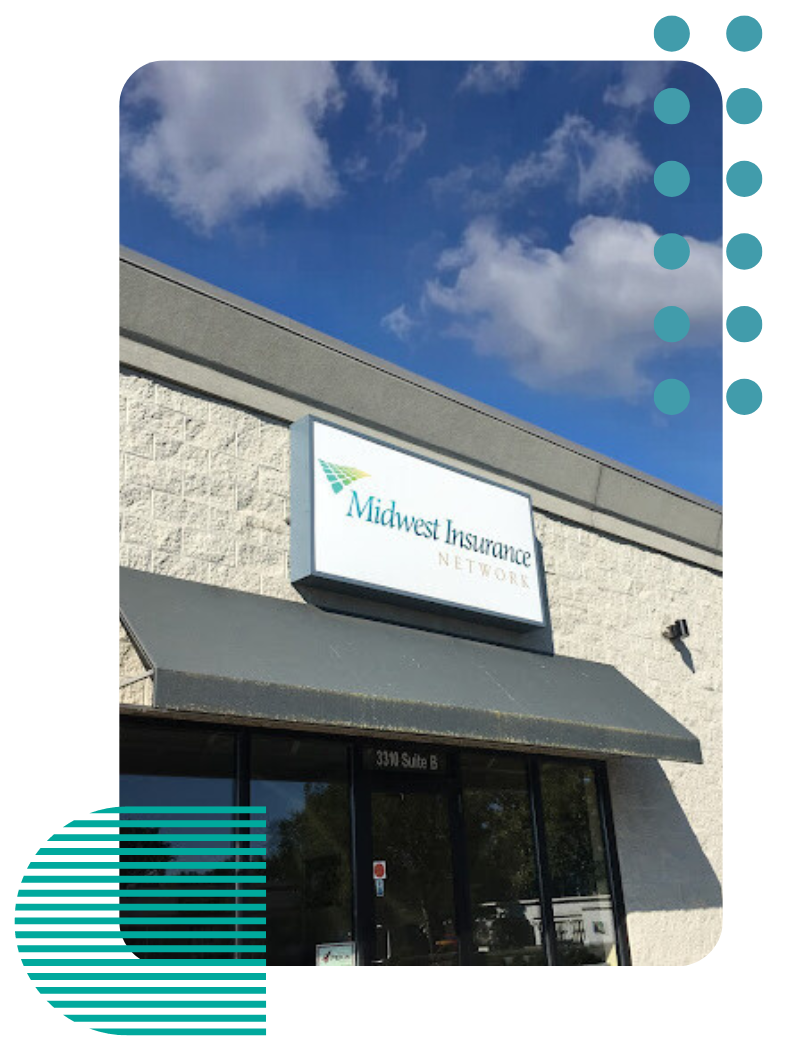Top 3 Recommended Policies
Index
Contact Us
Phone
agency@midwest-insure.com
Location
Northwood, OH
3310 Woodville Road, Suite D
Northwood, OH 43619
Elmore, OH
361 Rice Street
Elmore, OH 43416
Operating a towing company in Ohio involves navigating a complex landscape of regulations, costs, and risks. With the industry projected to reach $433.7 million by 2025, and nearly 5,000 establishments employing close to 10,000 people, understanding the insurance requirements and challenges is essential for business owners and operators alike. This comprehensive guide covers everything from the types of insurance needed to recent legislative changes impacting the towing sector in Ohio.
Whether you’re a small operator or part of a larger fleet, knowing how insurance fits into your business model can protect your assets, ensure compliance, and help you manage the rising costs associated with towing services. For more insights into the industry’s economic outlook, IBISWorld provides a detailed overview of
Ohio’s automobile towing market.
Understanding the Basics of Towing Company Insurance in Ohio
Insurance for towing companies is not just a regulatory formality; it is a critical safeguard against the unique risks associated with vehicle recovery and transport. Towing companies face exposure to property damage, bodily injury claims, and liability issues arising from accidents on the road or disputes with customers.
At a minimum, Ohio towing companies typically require commercial auto insurance, general liability insurance, and garage liability insurance. Commercial auto insurance covers the tow trucks themselves, protecting against damages and injuries resulting from accidents. General liability insurance safeguards the business against claims of property damage or bodily injury that occur during operations but are not directly related to vehicle accidents.
Garage liability insurance is particularly important for towing companies that operate storage yards or impound lots, as it covers risks associated with storing vehicles. Given the complexity of towing operations, many companies also opt for additional coverages such as cargo insurance, which protects the vehicles being towed, and workers’ compensation insurance to cover employee injuries.
Why Insurance is Crucial for Ohio Towing Companies
The towing industry in Ohio is subject to a variety of operational hazards. Tow trucks often operate in hazardous conditions, including roadside assistance in high-traffic areas and inclement weather. A study analyzing truck-involved crashes in Ohio highlighted how weather conditions and crash types, such as rear-end and sideswipe collisions, significantly affect injury severity. This underscores the importance of having comprehensive insurance coverage to mitigate financial losses from accidents or injuries during towing operations.
Moreover, towing companies frequently face disputes over towing fees and charges. The recent Ohio Towing Fairness Law, effective April 9, 2025, now allows vehicle owners to dispute towing fees and mandates vehicle release pending dispute resolution. This law not only promotes fairness but also introduces new liabilities that towing companies must be prepared to handle through adequate insurance and legal safeguards.
In addition to these challenges, the nature of towing work often requires companies to be on call 24/7, which can lead to fatigue-related incidents among drivers. The risk of accidents increases when operators are working long hours, especially during late-night shifts or in adverse weather conditions. As a result, implementing safety protocols and ensuring that drivers are well-rested is essential, but it also highlights the need for robust insurance coverage that can address potential claims arising from such incidents.
Furthermore, the towing industry is evolving with technological advancements, such as the use of GPS tracking and automated dispatch systems. While these innovations can enhance operational efficiency and safety, they also introduce new risks related to data security and privacy. Towing companies must be aware of these emerging challenges and consider cyber liability insurance as part of their overall coverage strategy to protect against data breaches and related liabilities, ensuring they remain compliant with regulations while safeguarding their business assets.

Key Insurance Policies for Ohio Towing Companies
To operate effectively and protect against financial risk, Ohio towing companies should consider the following insurance policies:
Commercial Auto Insurance
This is the cornerstone of any towing company’s insurance portfolio. Commercial auto insurance covers physical damage to tow trucks and liability for injuries or property damage caused by the vehicles during operations. Given the average towing cost is expected to rise to around $150 by 2025 due to fuel and insurance cost increases, investing in robust commercial auto insurance helps companies manage these escalating expenses. Moreover, with the increasing number of vehicles on the road, the likelihood of accidents or incidents involving tow trucks is also on the rise. Therefore, having comprehensive commercial auto insurance not only ensures compliance with state regulations but also provides peace of mind that the business can weather unexpected financial storms.
General Liability Insurance
General liability insurance protects against third-party claims for bodily injury or property damage that occur on business premises or as a result of business operations. For towing companies, this can include incidents at storage yards or during vehicle recovery where property damage or injuries might occur. This type of insurance is essential in safeguarding the company’s assets and reputation, as it covers legal fees and settlements that may arise from lawsuits. Additionally, having general liability insurance can enhance a towing company's credibility with clients and partners, as it demonstrates a commitment to responsible business practices and risk management.
Garage Liability and Garagekeepers Insurance
Garage liability insurance covers the business for liability arising from garage operations, including towing and vehicle storage. Garagekeepers insurance specifically protects against damage to customers’ vehicles while in the company’s custody, such as during impoundment or storage. This coverage is crucial given the potential for disputes and claims related to vehicle damage. In a competitive market, offering assurance that customer vehicles are protected can be a significant differentiator for towing companies. Furthermore, these policies can also cover incidents such as theft or vandalism, which can occur in storage facilities, thereby providing a comprehensive safety net for both the business and its clients.
Workers’ Compensation Insurance
Given the physical nature of towing work, employee injuries are a significant risk. Ohio law requires businesses with employees to carry workers’ compensation insurance, which covers medical expenses and lost wages resulting from workplace injuries. This coverage not only protects employees but also shields the business from costly lawsuits. Furthermore, investing in workers' compensation insurance reflects a company's commitment to employee welfare, which can improve morale and retention rates. By ensuring that workers are taken care of in the event of an injury, towing companies can foster a safer work environment and potentially reduce the frequency of accidents through proactive safety measures.
Additional Coverages to Consider
Depending on the size and scope of operations, towing companies may also want to explore:
- Cargo Insurance: Covers the vehicles being towed against damage or theft.
- Business Owner’s Policy (BOP): Combines property and liability insurance into one package, often at a lower cost.
- Umbrella Insurance: Provides additional liability coverage beyond the limits of other policies.
Each of these additional coverages can be tailored to meet the specific needs of a towing company. For instance, cargo insurance is particularly relevant for companies that tow high-value vehicles, as it mitigates the risk of significant financial loss due to unforeseen events. Similarly, a Business Owner’s Policy can streamline insurance management, allowing towing companies to consolidate their coverage into a single policy that addresses multiple risks. Umbrella insurance, on the other hand, serves as a vital safety net, ensuring that even in the event of a catastrophic claim, the company remains financially secure. By carefully assessing their unique operational risks, towing companies can create a comprehensive insurance strategy that not only protects their assets but also supports their long-term growth and stability.
Impact of Legislation and Industry Trends on Towing Insurance
The towing industry in Ohio is evolving, influenced by legislative changes and market dynamics that directly affect insurance needs and costs.
The Ohio Towing Fairness Law
One of the most significant recent developments is the Ohio Towing Fairness Law, which took effect on April 9, 2025. This law allows vehicle owners to dispute towing and recovery fees that they believe to be excessive, and mandates that vehicles be released while disputes are resolved. According to Tom Balzer, president and CEO of the Ohio Trucking Association, the law "creates a simple, fair and expedited form of dispute resolution" that benefits both towing companies and customers.
For towing companies, this means an increased need for clear documentation, transparent billing practices, and insurance policies that cover potential legal costs associated with disputes. Joe Hollabaugh, vice president of Shumaker Advisors, emphasized that the law "significantly... will be dealt with expeditiously to ensure we keep highways safe for the public and commerce moving," highlighting the law’s role in streamlining operations and reducing contentious claims.
Understanding how this legislation impacts liability and dispute resolution is critical for insurance planning and risk management. Additionally, the law encourages towing companies to adopt more customer-friendly practices, such as providing detailed invoices and clear explanations of fees, which can foster trust and potentially reduce the number of disputes. This shift not only benefits consumers but can also enhance the reputation of towing companies in the community, leading to increased business through positive word-of-mouth and customer loyalty.
Rising Operational Costs and Insurance Premiums
Operational costs in the towing industry are rising, driven by factors such as increased fuel prices and insurance premiums. The average cost for a basic tow in the U.S. is expected to rise to approximately $150 by 2025, up from a range of $75 to $125. This increase reflects broader inflationary pressures and the higher risk profile associated with towing operations.
In response, the Ohio Towing and Recovery Legislative Committee is advocating for a 44% increase in Private Property Impound (PPI) rates, which have not been adjusted since 1994. This adjustment aims to help companies offset rising costs, including insurance premiums and operational expenses. For towing companies, this means insurance budgeting must account for these cost pressures to maintain profitability and compliance. Moreover, as insurance companies reassess their risk models in light of these changes, towing operators may find themselves facing stricter underwriting criteria, which could lead to higher premiums or reduced coverage options. This evolving landscape necessitates that towing companies not only stay informed about legislative changes but also actively engage with their insurance providers to explore tailored solutions that meet their unique operational challenges.
Choosing the Right Insurance Provider in Ohio
Finding the right insurance provider is as important as selecting the right policies. Ohio’s commercial insurance market is stable and largely agent-led, with independent agents writing nearly 90% of all insurance for Ohio businesses. These agents bring local expertise and personalized service, which can be invaluable in tailoring insurance packages to the specific needs of towing companies. Their deep understanding of local laws, regulations, and market conditions allows them to craft policies that not only meet legal requirements but also provide comprehensive coverage against potential risks unique to the towing industry.
The Ohio Insurance Agents Association reports that independent agents hold a 64.5% share of the Ohio property and casualty marketplace in 2024, reflecting their strong presence and trusted role in the state’s insurance ecosystem. Working with a knowledgeable agent can help towing companies navigate complex coverage options, understand regulatory requirements, and secure competitive rates. Additionally, these agents often have established relationships with various insurance carriers, which can facilitate smoother negotiations and access to exclusive deals that might not be available to the general public.
What to Look for in an Insurance Agent
- Industry Experience: Agents familiar with the towing and recovery sector can better anticipate risks and recommend appropriate coverage.
- Claims Support: Efficient claims handling and support during disputes can make a significant difference in minimizing downtime and financial impact.
- Customized Coverage: Ability to tailor policies to the size, fleet composition, and operational scope of your towing business.
- Competitive Pricing: Access to multiple carriers and knowledge of market trends to secure the best rates.
Moreover, it’s essential to assess the agent's communication style and responsiveness. A great insurance agent should be approachable and willing to answer questions promptly, ensuring that you feel supported and informed throughout the process. Additionally, consider seeking out testimonials or reviews from other towing companies to gauge their satisfaction with the agent’s service. This feedback can provide insights into the agent's reliability and commitment to client advocacy, which are crucial during the claims process when timely support can significantly affect your business operations.
Finally, it’s beneficial to have an ongoing relationship with your insurance agent rather than viewing them as a one-time contact. Regular check-ins can help ensure that your coverage evolves with your business, especially as you expand your fleet or services. An agent who understands your business trajectory can proactively suggest adjustments to your policy, keeping you adequately protected against emerging risks and ensuring that you are not overpaying for unnecessary coverage. This proactive approach not only enhances your peace of mind but also contributes to the long-term sustainability of your towing operations in Ohio.

Managing Risk Beyond Insurance
While insurance is vital, effective risk management also involves proactive operational practices. Training drivers on safe towing techniques, maintaining equipment regularly, and adhering to Ohio’s regulatory standards can reduce the likelihood of accidents and claims.
Additionally, understanding the impact of environmental factors is important. Research analyzing truck-involved crashes in Ohio between 2011 and 2015 found that weather conditions and crash types significantly influence injury severity. This insight encourages towing companies to implement weather-aware operational protocols and invest in driver safety training to mitigate risks.
Leveraging Technology and Best Practices
Modern towing companies benefit from technology such as GPS tracking, telematics, and automated billing systems, which enhance operational efficiency and transparency. These tools can also support compliance with the Ohio Towing Fairness Law by providing accurate records for dispute resolution.
Establishing clear communication channels with customers and authorities further reduces misunderstandings and legal exposure. Combining these best practices with comprehensive insurance coverage creates a robust defense against the uncertainties inherent in towing operations.
Conclusion
Ohio’s towing industry is poised for growth, but with that growth comes increased complexity in managing risks and costs. Comprehensive insurance coverage tailored to the unique needs of towing companies is essential to protect assets, comply with regulations, and navigate new legislative landscapes such as the Ohio Towing Fairness Law.
By partnering with experienced insurance agents, staying informed about industry trends, and adopting proactive risk management strategies, towing companies can safeguard their operations and thrive in a competitive market. For those interested in the broader commercial insurance environment in Ohio, the Ohio Insurance Agents Association offers valuable insights into the state’s insurance marketplace.
Ultimately, understanding and investing in the right insurance solutions is not just about compliance—it’s about ensuring the long-term success and resilience of your towing business in Ohio.




